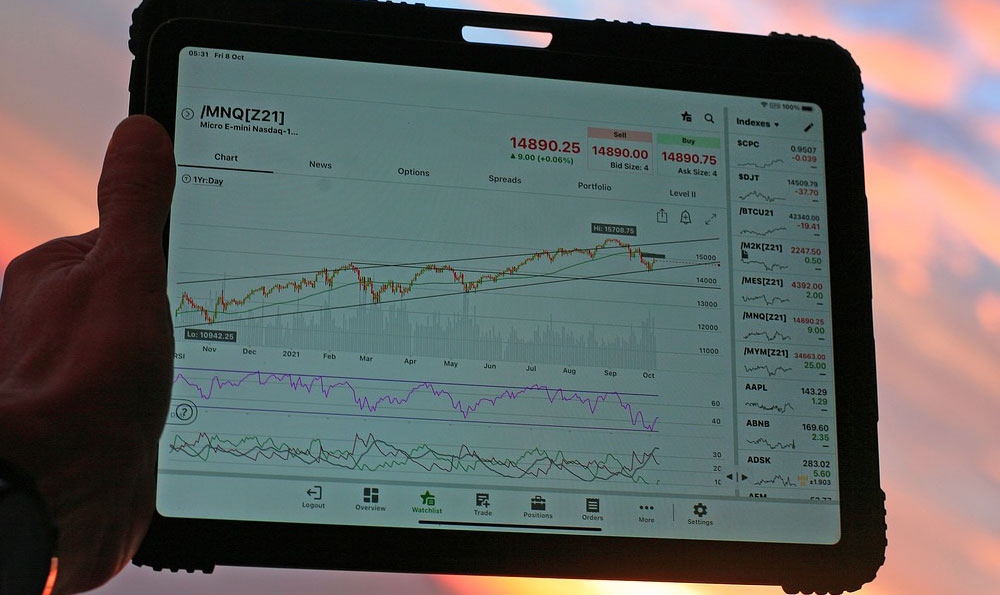Aerospace engineering, a field pushing the boundaries of flight and space exploration, attracts individuals with a passion for innovation and a strong aptitude for science and mathematics. But beyond the intellectual allure, a common question arises: does this challenging profession offer commensurate financial rewards? The short answer is yes, aerospace engineers generally earn well, but a nuanced understanding of factors influencing their salary is essential.
Aerospace engineering salaries are generally competitive and often exceed the national average across many countries. Several factors contribute to this favorable compensation structure. The demanding nature of the work, which requires a high degree of specialized knowledge and skills, naturally leads to higher pay. Aerospace engineers work with intricate systems, cutting-edge technologies, and complex calculations, making their expertise highly valuable. Furthermore, the industry often involves working on projects with significant budgets and national importance, which further drives up demand and, consequently, salaries.
Geographic location plays a significant role in determining the salary range for aerospace engineers. Areas with a high concentration of aerospace companies or government research facilities, such as California, Washington, Texas, and Florida in the United States, typically offer higher salaries due to increased competition for talent and a higher cost of living. Similarly, major aerospace hubs in Europe, like Toulouse in France or Munich in Germany, tend to provide more lucrative opportunities than regions with fewer aerospace activities. These geographical variations reflect differences in the cost of living, industry demand, and local economic conditions.

Experience is a key driver of salary progression in aerospace engineering. Entry-level positions, such as those for recent graduates, naturally command lower salaries. However, with each year of experience, an aerospace engineer’s value increases significantly. As engineers gain practical knowledge, develop expertise in specific areas, and take on greater responsibilities, their earning potential rises accordingly. Senior engineers, with decades of experience and a proven track record of success, often earn substantially more than their junior counterparts. Their accumulated expertise and leadership skills make them invaluable assets to their organizations.
The specific role within aerospace engineering also influences salary expectations. Roles involving design, analysis, research and development, or project management often command different levels of compensation. For example, a design engineer working on developing new aircraft components might earn a different salary than a research engineer focused on advanced propulsion systems. Similarly, project managers responsible for overseeing complex aerospace projects typically receive higher compensation due to the increased level of responsibility and the need for strong leadership and organizational skills. The complexity and criticality of the role directly correlate with the expected salary.
The level of education and specialization further impacts salary prospects. While a bachelor's degree in aerospace engineering is often the minimum requirement for entry-level positions, pursuing a master's degree or doctorate can significantly enhance earning potential. Advanced degrees often lead to more specialized roles in research and development, where in-depth knowledge and analytical skills are highly valued. Additionally, obtaining certifications or licenses related to specific areas of aerospace engineering, such as airworthiness or structural integrity, can also increase earning potential by demonstrating expertise and commitment to professional development.
The type of employer – whether a large aerospace corporation, a government agency, or a smaller private company – also influences salary. Large aerospace companies, such as Boeing, Airbus, or Lockheed Martin, often offer competitive salaries and comprehensive benefits packages. Government agencies, like NASA or the European Space Agency (ESA), provide stable employment and opportunities for cutting-edge research, although salaries may be slightly lower compared to the private sector. Smaller private companies may offer more flexibility and opportunities for rapid advancement, but their salaries may vary depending on their financial performance and stage of development. The stability and resources of the employer are often reflected in their compensation policies.
Beyond base salary, aerospace engineers often receive additional benefits and incentives, such as performance-based bonuses, stock options, health insurance, retirement plans, and paid time off. These benefits can significantly enhance the overall compensation package and contribute to long-term financial security. Furthermore, some companies offer relocation assistance to attract talent to areas with high demand for aerospace engineers. These benefits should be carefully considered when evaluating different job offers and negotiating compensation.
The demand for aerospace engineers is projected to remain strong in the coming years, driven by factors such as the growing demand for air travel, the increasing interest in space exploration, and the development of new technologies in areas like unmanned aerial vehicles (UAVs) and electric propulsion. This sustained demand will likely continue to support competitive salaries for aerospace engineers and create opportunities for career advancement. However, it's important to stay abreast of industry trends and continuously develop new skills to remain competitive in the job market.
In conclusion, aerospace engineers generally earn well, reflecting the demanding nature of their work, the specialized knowledge they possess, and the vital role they play in advancing flight and space exploration. While the specific salary varies depending on factors such as location, experience, education, and employer, the overall compensation package is often competitive and rewarding. By pursuing advanced education, developing specialized skills, and staying informed about industry trends, aerospace engineers can maximize their earning potential and build a successful and financially secure career. The financial rewards, combined with the intellectual stimulation and the opportunity to contribute to groundbreaking advancements, make aerospace engineering a compelling career choice for those with a passion for science, technology, and the exploration of new frontiers.











